This is how Google really understands your keyword search query...
The U.S. Department of Justice released documents from the Google antitrust trial last year.
These were confidential Google presentation slides the world wasn't meant to see.
And they're quite interesting.
For example...
Source:
GOOG-DOJ-08488908
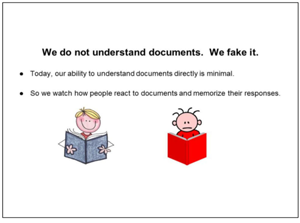
|
"We do not understand documents.
We fake it.
Today, our ability to understand documents directly is minimal.
So we watch how people react to documents and memorize their responses."
|
This explanation was below the slide:
|
"What's crazy is that we don't actually understand documents.
Beyond some basic stuff, we hardly look at documents.
We look at people.
If a document gets a positive reaction, we figure it is good. If the reaction is negative, it is probably bad.
Grossly simplified, this is the source of Google's magic."
|
Take a look at this slide:
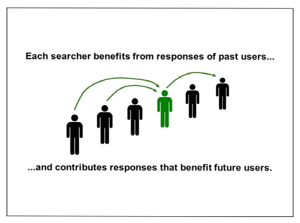
|
"SO... if you search right now, you'll benefit from the billions of past user reactions we've recorded. And your responses will benefit people who come after you...
...We have to design interactions that also allow us to LEARN from users. Because that is how we serve the next person, and keep the induction rolling, and sustain the illusion that we understand." (emphasis mine)
|
I was surprised how honest they were.
Of course, they never thought anyone outside Google would see this.
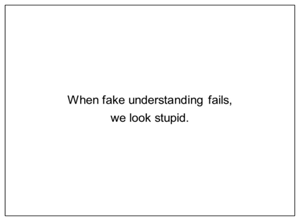
This was the explanation below this slide:
|
"When our fakery fails-- maybe because a document is new, recently-changed, or rarely-shown-- we look stupid."
|
In a different presentation, they spelled out the role that clicks play in their algorithm:
Source:
GOOG-DOJ-22859509
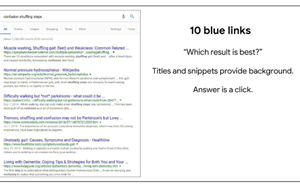
|
"For example, the ten blue links implicitly pose the question, "Which result is best?
Result previews give background. And the answer is a click.
This is a great UX for learning.
For years, Google was mocked for great search results and a bland UI.
But this bland UI made the search results great."
|
Google still relies on user signals to create SERPs.
And they have better technology to analyze signals than ever before.
Hover...
Click...
Scroll...
Dwell...
Every user provides realtime feedback on the quality of their product:
So, what are the takeaways?
1. The title, url, description, content, and media on the page alert Google that you'd "like to audition" for a top 10 result. This is relevance.
2. The user signals tell Google if your page deserves to stay in the Top 10 results. This is UX.
3. Empathy is a superpower in 2024 and beyond.
Speaking of empathy...
Being able to look at the top search results and imagine how "your people" perceive them is powerful...
You know what's good, what's bad, and what's missing.
Then you can build something better that deserves to be #1.
We give you a simple spreadsheet and a short video in the Reverse Rankings course to help you create a better user experience, so you rank higher, faster...
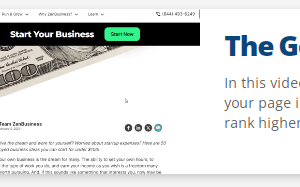
Nail these concepts in 2024 and get more traffic from every piece of content you publish.
Click here to learn more...
1 Comment
Reply